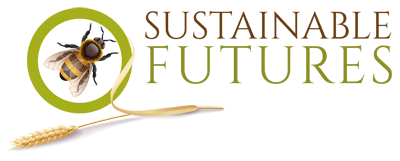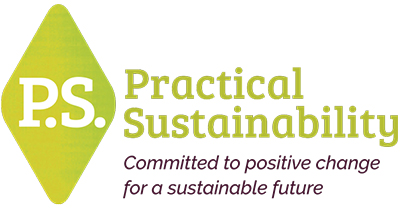Muntons is proud to be a leading member of the Sustainable Agriculture Initiative Platform (SAI) which has generated the world’s first Farm Sustainability Assessment (FSA). Designed to facilitate the audit of farm sustainability against an internationally agreed standard, the FSA benchmarks over 300 existing farm assurance schemes and has identified that the Red Tractor Assurance Scheme applied to Muntons raw materials ranks as a silver scheme. By reference to the FSA standard, Muntons can claim that it procures 100% sustainable barley. This, in conjunction the company’s commitment to energy efficiency and investment in greening initiatives, means that Muntons manufactures 100% sustainable malt. A claim that has been verified through an external audit by SGS.
Muntons has always focussed on energy saving in its production plants but continues to seek new ways to improve and make step changes in reducing carbon emissions. Over the past 10 years, Muntons has reduced its greenhouse gas emissions by 52% per tonne of product, which is much more than the government required under the climate change levy and exceeds the company's own Science Based Targets .
We value real action on climate change and is one of the very few businesses to have set a science-based target of reducing our emissions by 45% (based on 2010 levels) by 2025. We are proud to have met this commitment by 2022, earlier than we targeted, through a combination of projects including the installation of biomass energy centres at both of our UK malting sites.
Muntons is committed to adhering to the goals of The Paris Agreement that set out goals for global carbon reduction through our commitment to a science-based target, adoption of the UN Global Compact principles and a strong program of ESG engagement across our supply chain.
We continue to support sustainable farming practice through our Sustainable Futures group which provides a forum for over 140 farmers to exchange best practice and facilitates the availability of expert advice on environmentally protective farming methods and sustainability reporting.
Regenerative agriculture is a holistic approach to farming that enhances soil health, biodiversity, and resilience. It promotes practices like cover cropping, no-till farming, and rotational grazing to sequester carbon and conserve water, fostering sustainable food production.






